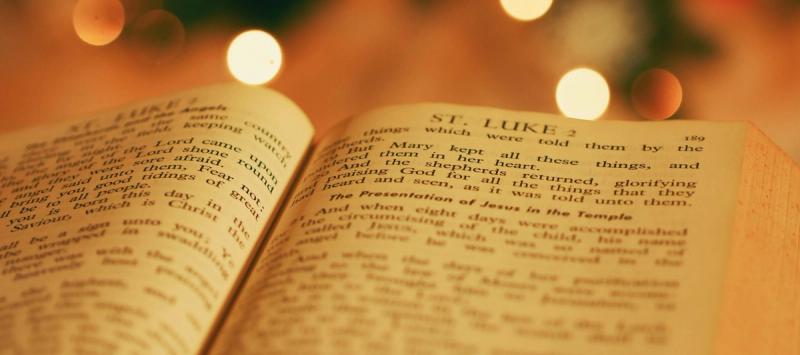
Because the Christmas celebration has been so ingrained into western society in various forms for nearly 1,500 years, the origins of Christmas are complicated to unravel. As one scholar summarizes,
The evidence for the origins of Christmas and the
several centuries of pondering that evidence has
resulted in . . . spurious texts, ambiguous evidence,
lengthy speculation, trivial dead-ended issues, and a
mounting pile of reasonable-sounding good guesses.
We don’t know when Christmas started. We don’t
know who, individually or collectively, started it. We
don’t know exactly where or why, or how they got the
date, though our guesses are probably not too far
from the mark.
This assessment might cast doubt upon our ability to celebrate Christmas at all. But instead of doubt, the complications surrounding the origins of Christmas should give us a sense of humility as we approach the topic. And they should cause us to narrow our search, looking for what we can truly know about the history of Christmas.
Assuming that Christians in the early church let their religion be co-opted by pagan rituals makes at least two uncharitable claims: 1) These Christians were easily duped into celebrating a pagan holiday, or 2) The early church purposely sought to enmesh Christianity with paganism. But, as history would have it, these cynical assumptions about our Christian forefathers are unfounded. While we don’t know whose idea it was to begin celebrating the birth of Christ, we do know that early Christians were careful not to incorporate pagan rituals into the practice of the church. In fact, some philosophical sects in the 3rd and 4th centuries accused Christians who celebrated Christmas as secretly worshipping the sun and the moon as some pagans did in the winter, but Christianslike Ambrose of Milan (c. 339–397) and Leo the Great (c. 400–461) refuted these accusations. The early church was greatly offended by claims that they were doing anything “pagan.”
A humble posture would have us assume that these early Christians knew what they were doing and, perhaps, that they even had good reasons for celebrating Christmas.
Footnotes
Susan Kroll, Toward the Origins of Christmas (Kampen, Netherlands: Kok Pharos Publishing House, 1995), 223.
Kroll, Origins of Christmas, 63.









